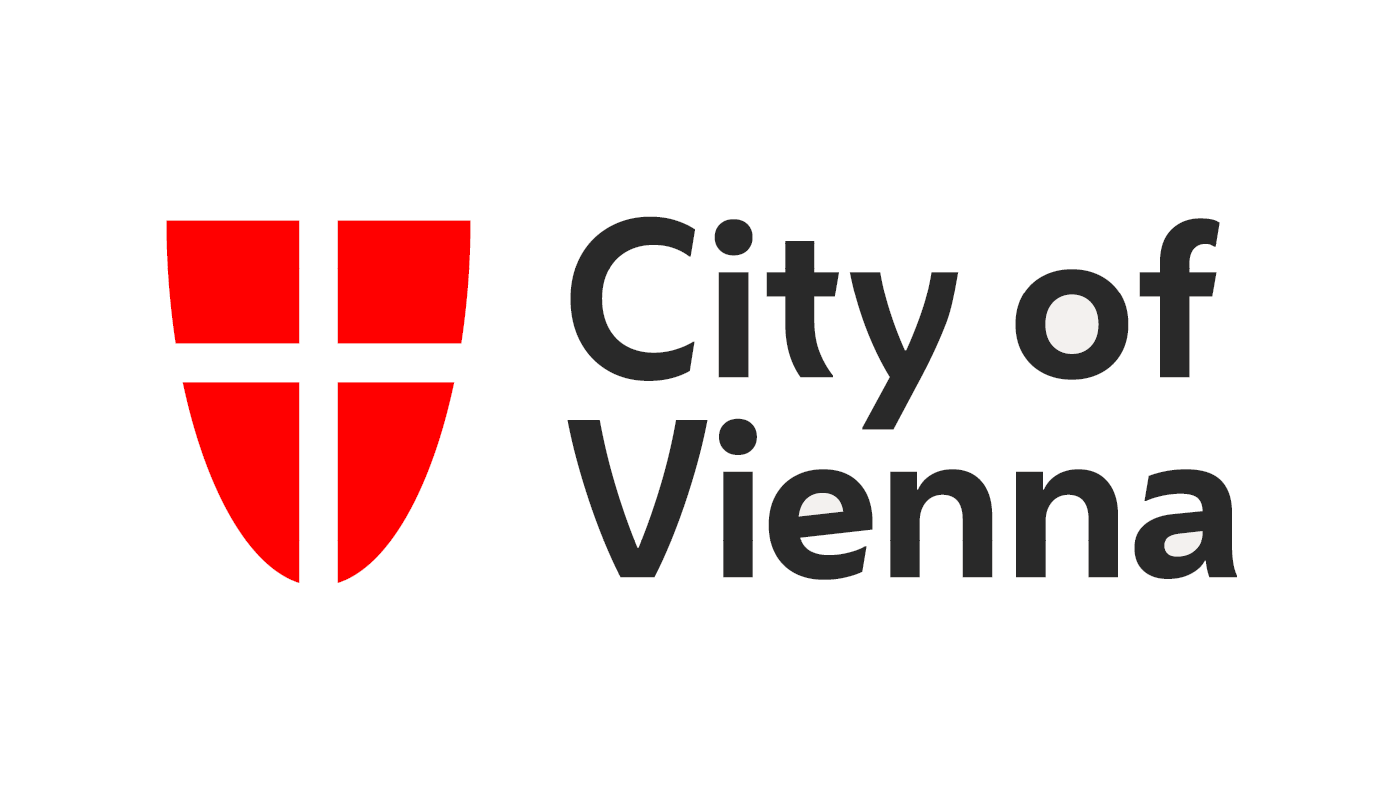Model Surveys
Austrian Corona Panel Project (ACPP)
Austrian Health Interview Survey 2019 (ATHIS)
German Socio-Economic Panel Study (SOEP)
National Survey of Health Attitudes, United States, 2018
National Health Interview Survey (NHIS), United States, 2020
Understanding Society COVID-19 Study, United Kingdom
The Sample
Representative sample of Vienna’s resident population.
ViePHEP Survey Modules
Socio-demography
The introductory survey module enquires about participants’ gender, age, and highest attained education level, and migration background.
Health
The health module aims to grasp the individual health status of the survey respondents, including self-reported health, present chronic conditions or comorbidities, and also health-related behaviours.
Socio-economic status
The socio-economic module includes respondents’ occuption, net income, asset wealth, and other items that discern social or economic capital.
Access to health care
The access module of the ViePHEP survey will ask respondents about their experienced health care access, barriers and needs regarding general practitioners, specialists, community care, and hospitals. As second step, the module includes questions about respondents’ justice-fairness attitudes towards health care access.
Affordability of health care
The affordability module consists of questions about health-related expenditures, including health insurance payments, co-payments and other private non-covered health care costs. As before, respondents will indicate their fairness attitudes regarding health care coverage and benefits.
Provision of health care
The survey module about provision centres around the perceived quality and timeliness of medical interventions and of health care services. Therein, respondents will recall their experiences in terms of efforts made by encountered health care professionals and with regards to waiting lists for medical examinations and treatments. Survey respondents will again be able to indicate their fairness attitudes towards the design of health care provision.
Justice-Fairness attitudes
The justice & fairness module integrates items that capture the link between socio-economic and health-related characteristics with medical priorities. The survey respondents indicate their attitudes regarding the fairness of said links.
Preferences for health policies
This module of the ViePHEP survey is dedicated to systemic stated preferences of the study sample. It will encompass questions on the role of public vs. private health insurance, on allocation preferences for the public health budget, and on whether specific elements of health care should be treated as public, common, club or rather private goods.
Solidarity & Social Norms
Finally, this module will estimate solidarity as a compound measure that consists of information on social trust, behaviour of cooperation, sharing and helping, as well as social norms perceptions.
Reporting Guidelines
The ViePHEP complies with the SUrvey Reporting GuidelinE (SURGE) (Grimshaw 2014) and Strengthening the reporting of observational studies in epidemiology (STROBE) (von Elm et al. 2007; Vandenbroucke et al. 2007). Additional lessons are taken from “Towards a commonstandard – A reporting checklist for
web-based stated preference valuation surveys and a critique for mode surveys” (Menegaki et al. 2016) ,”Good practice in the conduct and reporting of survey research” (Kelley et al. 2003), and “Guidance relevant to the reporting of health equity in observational research: a scoping review protocol” (Rizvi et al. 2022). For an overview of reporting guidelines for health research see Simera et al. (2010). Comprehensive “Guidelines for Reporting Health Research: A User’s Manual” are provided by Moher et al. (2014).

